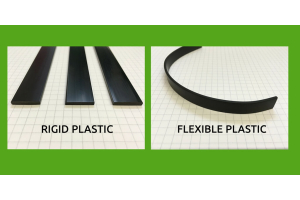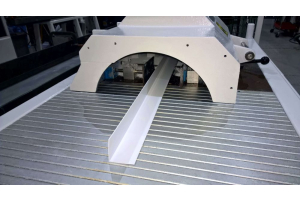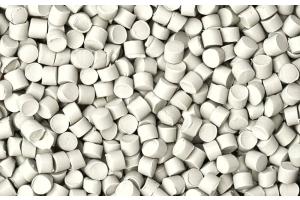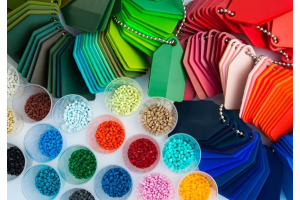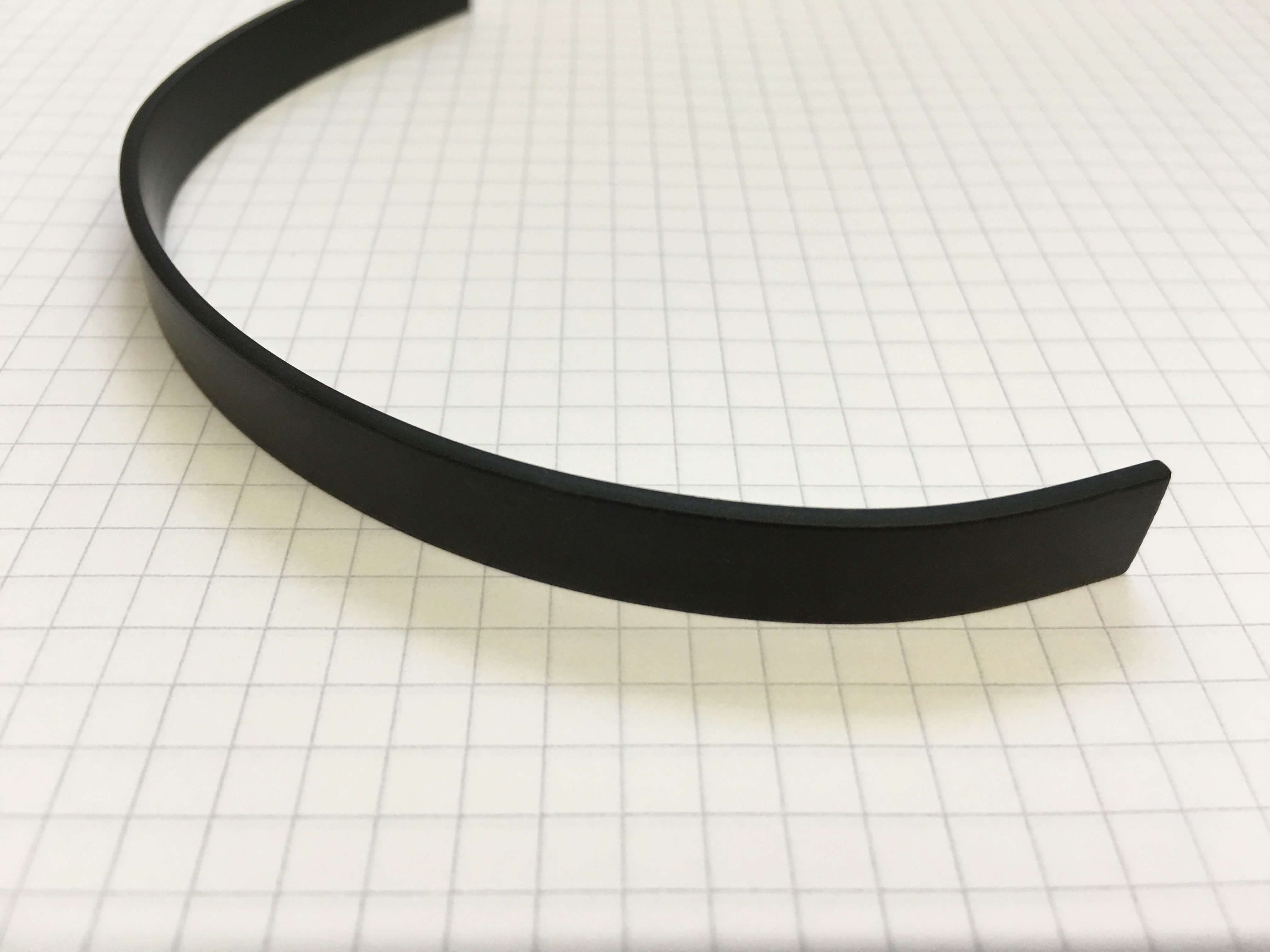
Do you want to find out more about the difference between rigid and flexible plastic? Due to its lightweight composite, versatility and cost-effectiveness, plastic is the ideal material for many uses and there are many types. Most sectors depend on plastic, including construction, manufacturing, refurbishment, interior design, shopfitting, automotive, events and exhibitions.
Whilst the majority of our extrusions are made from external grade rigid uPVC, some of our products come in both rigid and flexible plastic variants:
- Plastic Flat Strips
- Plastic Edge Lipping
- Plastic T Barbs - Flat Top
- Plastic T Barbs - Convex Top
- Plastic Tubing
So what are they and which do you need for your business?
What are flexible plastics?
There are many types of plastics. Some are rigid and some are flexible, and the flexibility can vary. PVC flexible plastic is rendered more flexible through the addition of plasticisers. Flexible plastic is often used when a radius edge or gap needs to be covered.
What we do mean when we talk about rigid plastic and flexible plastic?
We use two types of plastic in our plastic profiles as they both serve different purposes. When we refer to flexible plastic, we actually mean PVC (polyvinyl choride), which is rendered more flexible through the addition of plasticisers. Flexible profiles are supplied in packs of 3 x 25 metre COILS.
On the other hand, our rigid plastic profiles are a uPVC (unplasticised polyvinyl chloride) grade which makes them suitable for external use. Rigid plastic profiles are supplied in packs of 25 x 3 metre LENGTHS.
So, do you go for rigid uPVC plastic? Or perhaps you need more flexible PVC plastic for your project? Here's some guidance to help you choose the right plastic option for your needs.
Advantages of flexible plastic - PVC
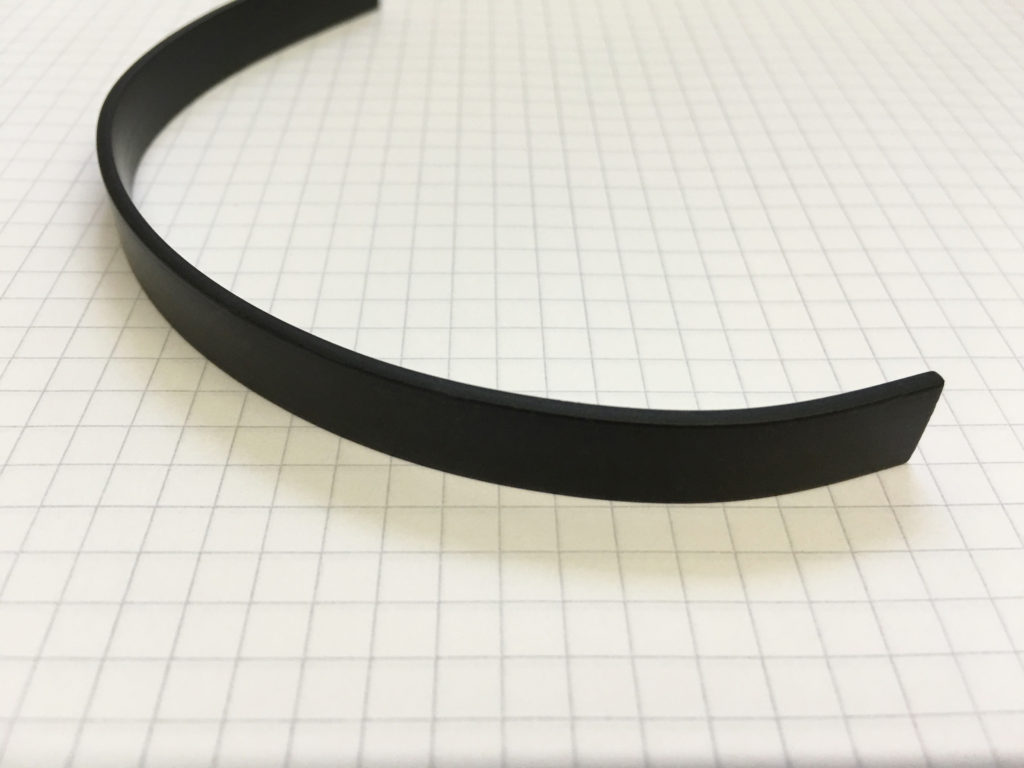
Starting with flexible plastic, PVC has a number of uses:
- Often used in situations where a radius edge or gap needs to be covered.
- Flexible plastic can be easily fixed into any direction, are easy to cut and simple to adapt to space limitations
- Flexible PVC profiles are best suited to internal grade applications
Benefits of rigid plastic - uPVC
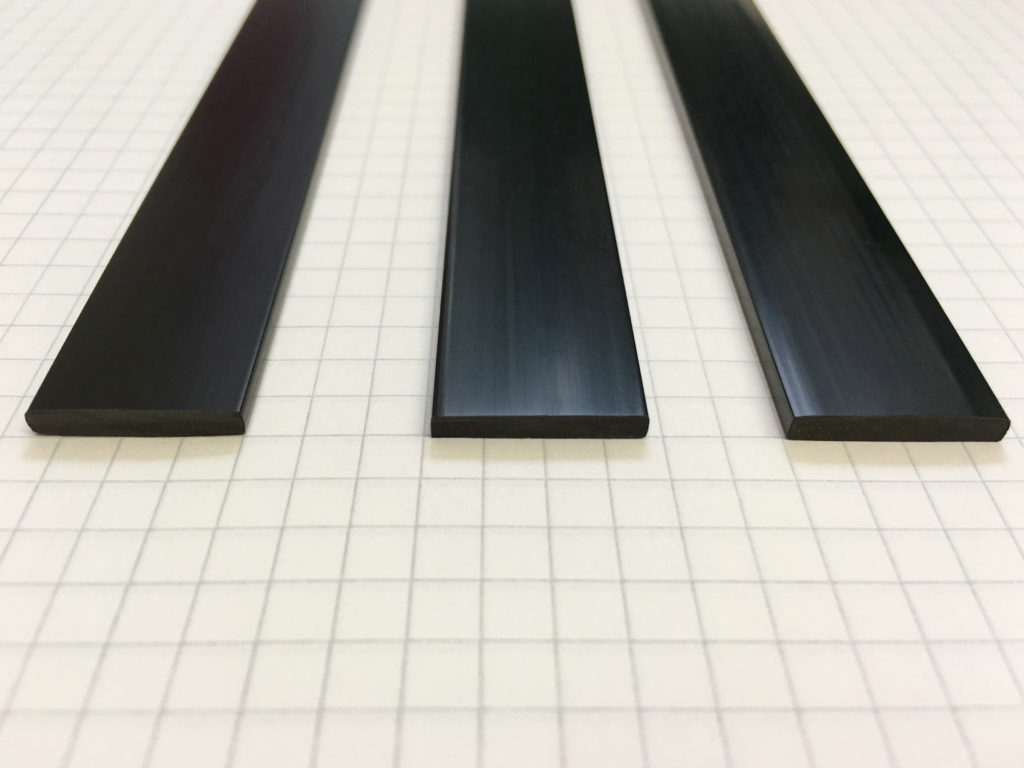
Advantages of uPVC are:
- Suitable for external as well as internal use
- More durable than flexible plastic
- uPVC profiles can be an economic alternative to some metal products particularly in automotive and construction applications
Do I need flexible or rigid plastic profiles?
If you are still unsure, contact us: our team of experts are available to advise. Just call 01208873566; we're available Mon-Fri, 9am-5pm or send us an email on info@mkmplastics.com
We are able to send pre-cut short samples of any of our stock rigid or flexible products free of charge so you can see the difference for yourself.
More detailed information can be found about our rigid and flexible raw materials from their data sheets.
All of our stock profiles are available at our online shop or if you are looking for a bulk or bespoke option, we are well-established in custom extrusion production.
Want to find out more? See our guide to the six steps of our custom extrusions process or find out more about all of all services at our main website.

